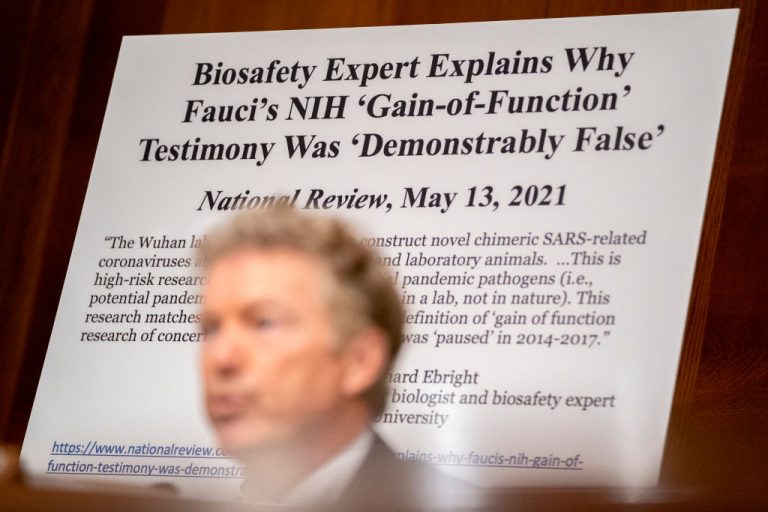Neal Mohan, product head at YouTube, recently said that one of the reasons why the video platform is trying to strengthen content moderation is that it is good for business. He was speaking in an exclusive interview with Axios.
Two million creators are part of a YouTube program that enables them to get paid. Mohan stated that a key focus for the company was to ensure that only creators who adhere to YouTube’s rules are rewarded. He said, “99.9 percent of creators are looking to do the right thing.” However, creators who do not stick with the platform’s rules can still make money even when YouTube demonetized their content. YouTube has paid out $30 billion to creators over the last three years.
One of the talking points of the interview was COVID-19 misinformation. Many people have called out YouTube for removing content that is against vaccination and wearing face masks, even when doctors themselves are the ones giving expert opinions. Mohan responded by stating that the company’s work on COVID-19 misinformation is “ongoing.”
“The work is never done… I have learned that there is always a new vector of misinformation that will pop up,” Mohan told Axios. YouTube recently began sharing the rate of policy-violating content shown to users. As of Q4, this number was at 0.16 to 0.18 percent. That means for every 10,000 views, only 16 to 18 videos that do not conform to YouTube’s censorship rules are able to get through to viewers.
Mohan’s admission of YouTube pushing forward censorship comes at a time when the platform is being severely criticized for being biased in its moderation policies.
Success
You are now signed up for our newsletter
Success
Check your email to complete sign up
A prominent recent victim of YouTube censorship is Republican Senator Rand Paul. In early August, the company removed an 8-minute clip in which Rand discussed Washington funding a Chinese lab believed to be the origin of the COVID-19 virus. He criticized Dr. Anthony Fauci, Chief Medical Advisor to President Joe Biden, for his public statements. Paul suggested that there be an investigation into whether the funds were used for gain-of-function research that involves modifying pathogens to better penetrate humans.
YouTube removed the video and suspended Paul’s account for a week. The Senator slammed the company saying that YouTube now thinks “they are smart enough and godly enough” that it can censor even constitutionally protected speech. “A badge of honor . . . leftwing cretins at YouTube banning me for 7 days for a video that quotes 2 peer-reviewed articles saying cloth masks don’t work,” Paul tweeted.
YouTube also took down a video of Republican Representative Nicole Malliotakis without offering her an explanation. The video was about Malliotakis’ press conference announcing her lawsuit against the Mayor of New York City Democrat Bill de Blasio for his passport vaccine scheme.
YouTube again made news for deleting the account of liberal author Naomi Wolf’s DailyClout channel abruptly after she posted an interview with Leslie Manookian who spoke about the documentary “The Greater Good.” Manookian is known to be a strong critic of implementing mandatory face mask policies in schools. In a statement, Wolf said that her channel deletion highlights the “extreme clampdown on free speech and public discourse” prevailing currently in America.
“I can’t possibly know what YouTube’s motives are. There’s no appeal, as with Twitter, there’s no appeal process. There’s no one I can call,” Wolf told The Epoch Times. The channel was later restored and is presently active.
Alternative options
YouTube’s tightening censorship policies have triggered the rise of alternative video platforms as users seek out digital spaces that protect their freedom of speech. Some of these platforms include Odysee, Rumble, and Bitchute. High-profile creators like former Democrat presidential candidate Tulsi Gabbard, journalist Glenn Greenwald, and Florida Governor Republican Ron DeSantis have all moved to Rumble.
In a statement welcoming DeSantis, Rumble CEO Chris Pavlovski said that the governor has been at the forefront of demonopolizing big tech and protecting free speech. In January, Rumble filed a lawsuit against Google for abusing the power of its search engine service. Rumble argued that Google’s search engine prioritized YouTube videos over rivals, consequently depriving Rumble of potential traffic and revenues.
“[DeSantis] understands firsthand Americans’ distrust of monolithic tech companies and the danger they pose to free expression and free markets. In fact, YouTube recently removed from its platform a video of the governor and a handful of Ivy League-educated medical experts discussing the downsides of prolonged pandemic-related lockdowns. Rumble, on the other hand, invites robust and civic dialogue on our platform, including Gov. DeSantis’ insights and expertise,” Pavlovski said.















